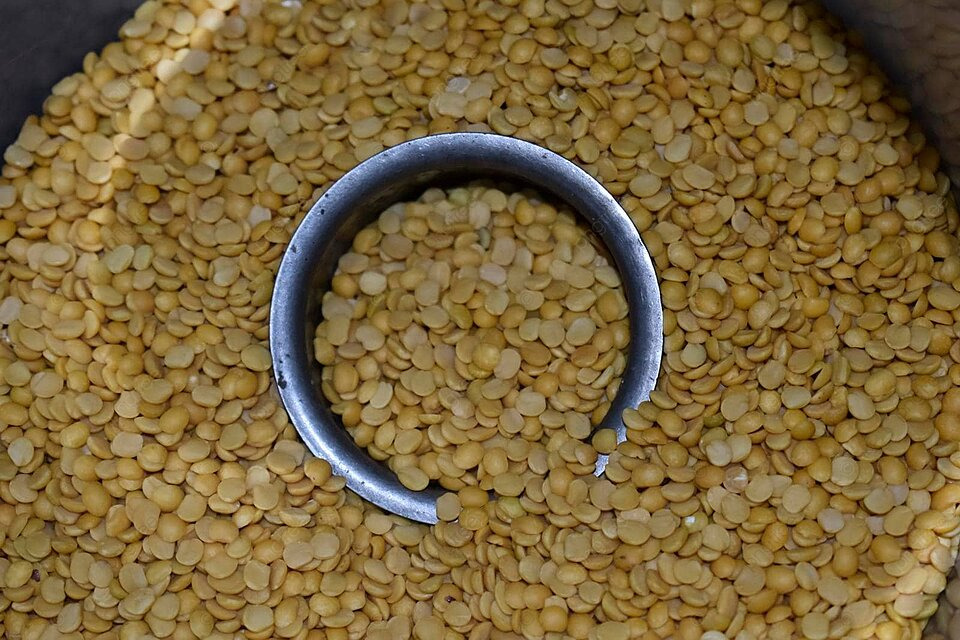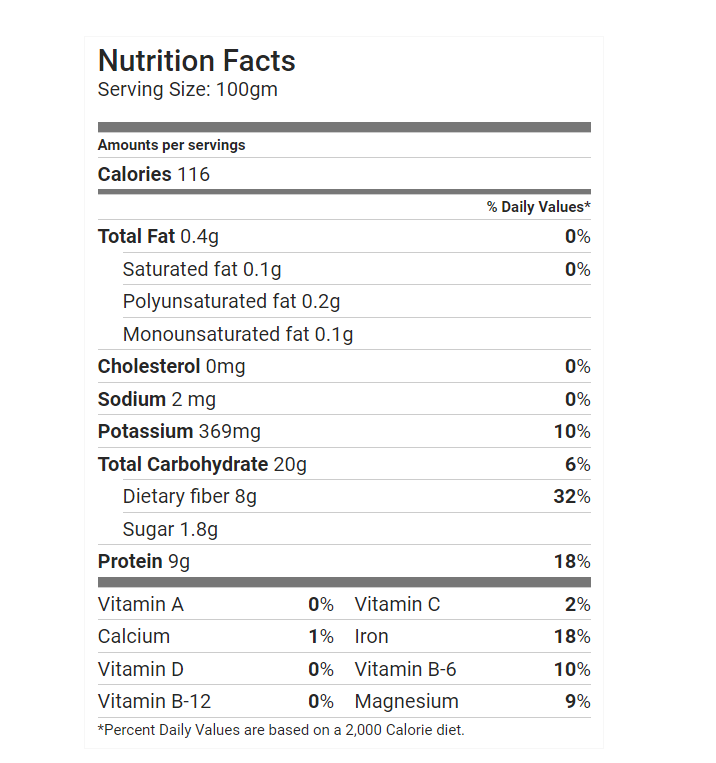



Toor dal, a member of the legume family is referred to as lentils or split pigeon peas. It is in fact a common food grain used widely in Asia, Africa, and Latin America. The Toor whole is processed further to get converted into a huskless split and it is light in taste.
It is a storehouse of protein, folic acid, vitamins, and minerals. A cup of cooked toor whole supplies around 11 grams of protein to the body. In combination with cereals, the toor dal makes a well-balanced human food. When this dal is combined with rice, a complete protein is gained.
| Properties | Values / Limits |
|---|---|
| Colour | Speckled, greeny-blue in colour. |
| Flavour | Earthy, peppery taste, free from any objectionable flavours. |
| Odour | Should be free from any objectionable odours and taints. |
| Texture | Should be firm, free flowing Green Lentils and not joined together. |
| Contrasting Colours | Max. 0.5% |
| Stained | Max. 4.0% |
| Heated | Max. 0.5% |
| Peeled, Split & Broken | Max. 3.5% |
| Other Damage | Max. 2.0% |
| Total Damage | Max. 3.5% |
| Ergot | Max. 0.05% |
| Insect Parts | Max. 0.02% |
| Stones | Max. 0.10% |
| Other Foreign Material | Max. 0.2% |
| Total Foreign Material | Max. 0.5% |

It provides many of the nutrients your body needs, such as protein, fat, fiber and carbohydrates.
It also has a good amount of iron, calcium, magnesium, potassium and B vitamins.
It is high in dietary fibre, low in saturated fat, and cholesterol free.
Toor dal contains folic acid, an important vitamin for all women especially those planning to become pregnant.
It prevents constipation and promote regularity, reduces risk of heart disease, stroke, type 2 diabetes etc.